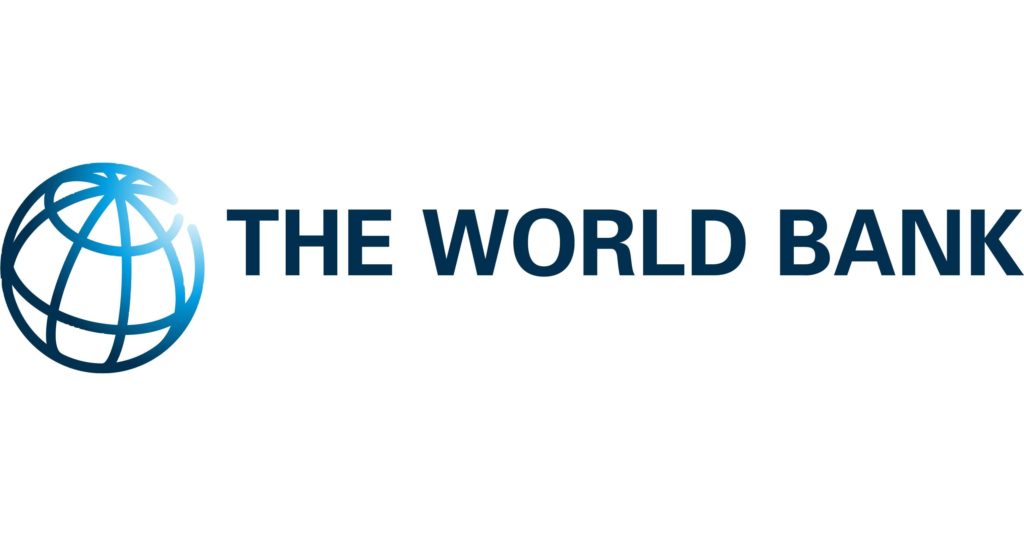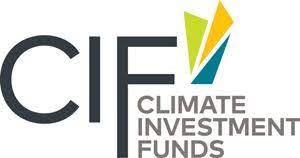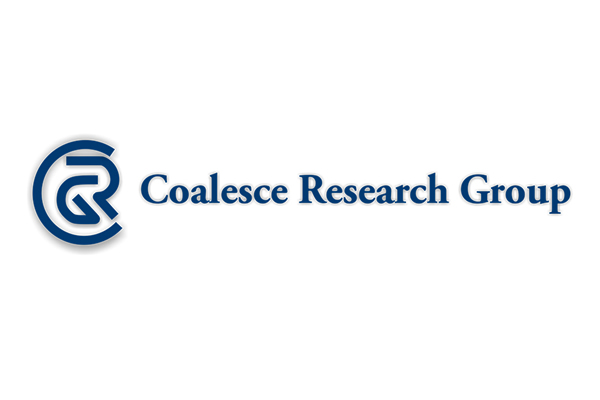Sustainability Focus Series – Water Stress and Climate Variability Credit Impact Across Sectors
The challenges of climate variability and water stress may have short and long term influence on credit quality absent adaptation efforts. Please join S&P Global Ratings’ credit rating analysts for a live webinar presenting our views on how water stress could affect our credit ratings across corporate and government sectors. Read the research: Agriculture Industry Is...











